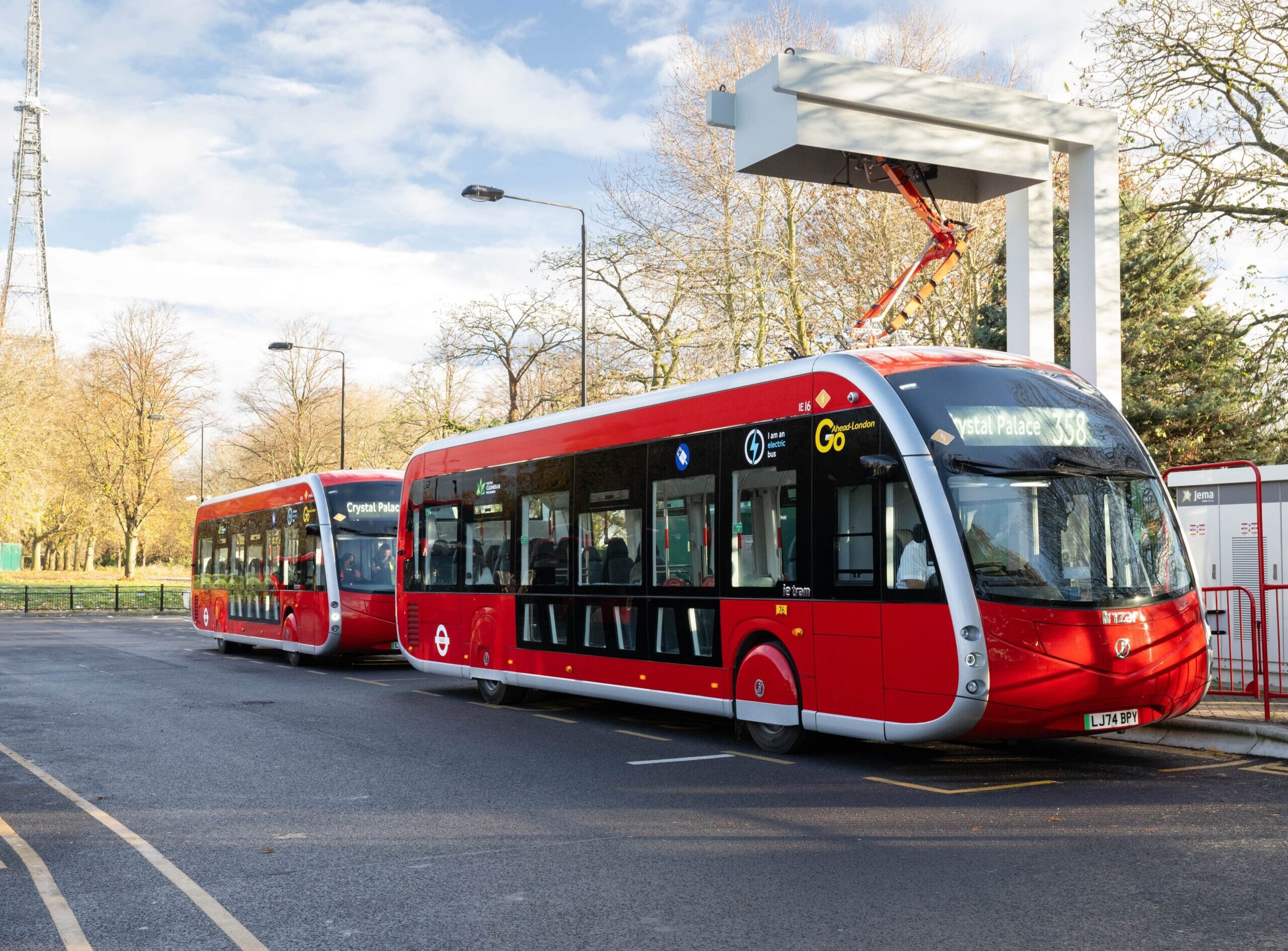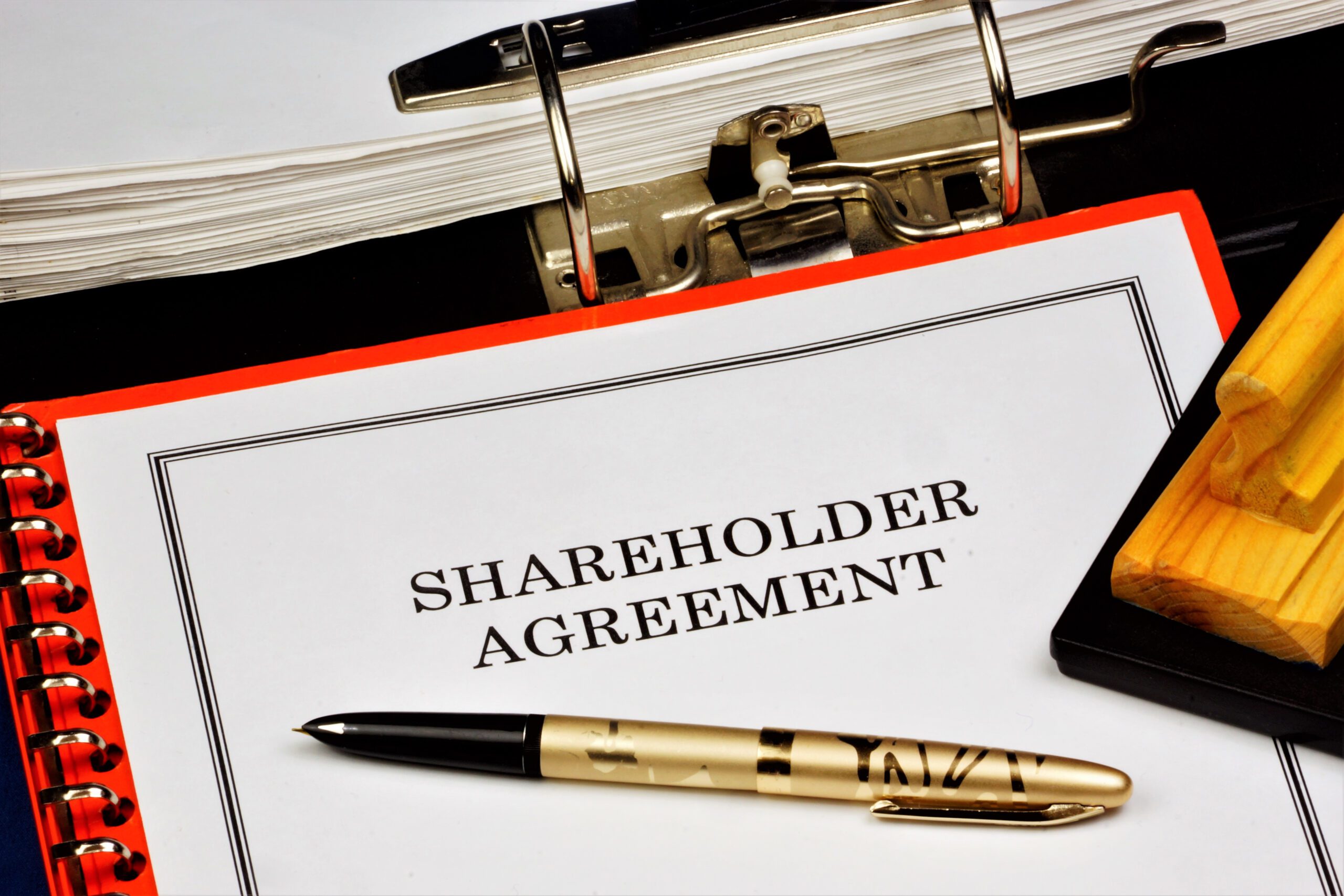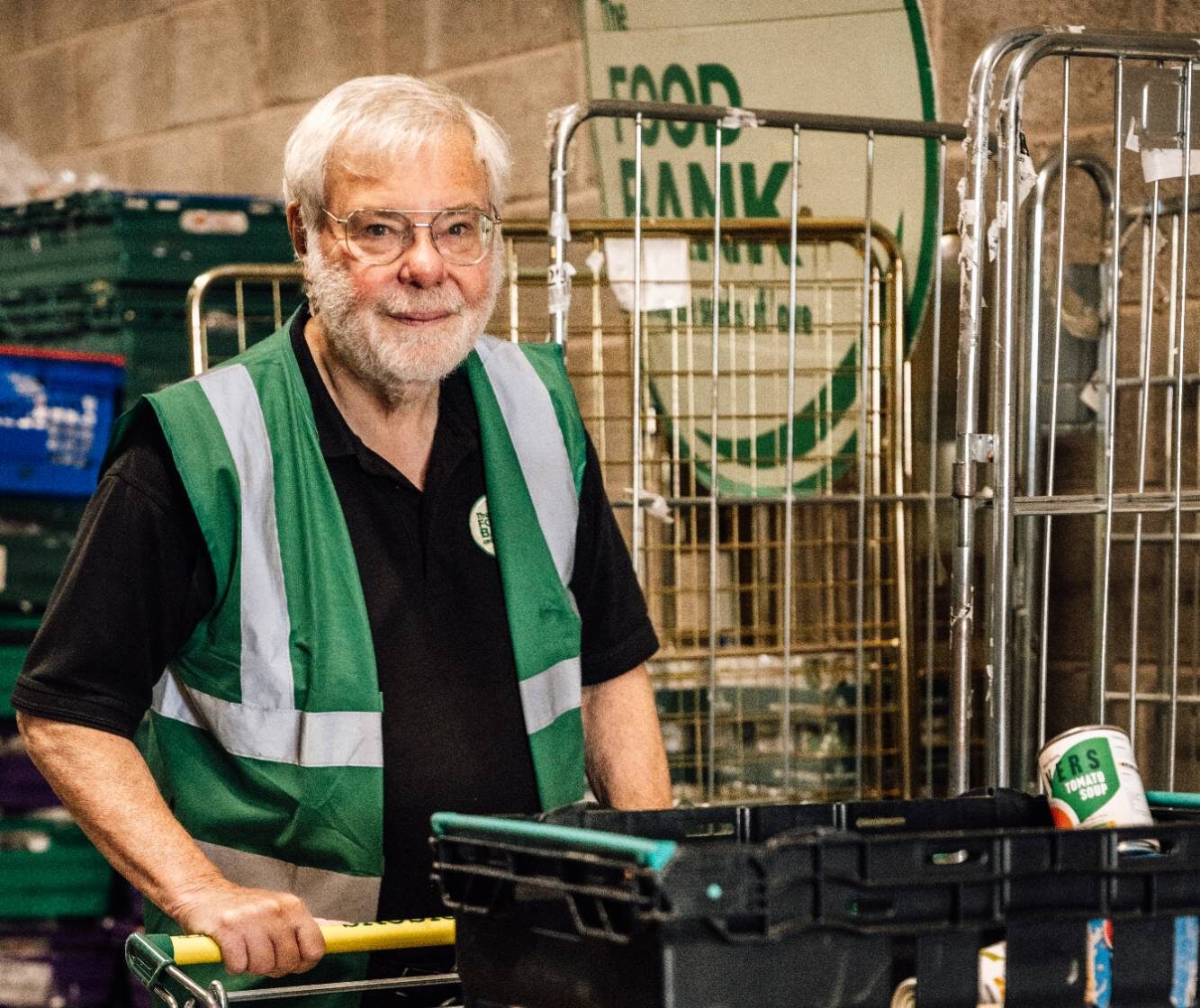Transport for London’s (TfL) commitments on climate action have been recognised as the gold standard. This is after the Science Based Targets initiative (SBTi) validated TfL’s near and long-term emission reduction targets, and net-zero target in line with limiting global warming to 1.5 degrees above pre-industrial levels, meeting the goals of the Paris Agreement.
SBTi is a UK based climate-action organisation that provides validated standards, tools and guidance to help companies and organisations like TfL, and thousands of others across the transport, financial and consumer sectors to reduce their carbon emissions in line with what is needed to keep global warming below 1.5 degrees and reach net-zero by 2050, at the latest.
The validated targets include:
- TfL’s commitment to reduce emissions from its direct and indirect emission sources (Scopes 1 and 2) by 90 per cent by 2030. Examples include transitioning TfL diesel and petrol vehicles to zero emission technology and increasing the proportion of electricity acquired from renewable sources
- A commitment to reducing third party emission sources (Scope 3) such as carbon emissions from TfL’s contracted services, construction projects and supply chain by 45 per cent by 2030.
- In the longer term, TfL commits to maintaining a 90 per cent reduction in Scope 1 and 2 emissions sources from 2030 through 2040 and a 90 per cent reduction in absolute Scope 3 emissions by 2040
- TfL’s commitment to an overall net-zero target for greenhouse gas emissions by 2040
Taken together the validation of these targets by an independent, global assessment, represents the first time TfL has set near and long-term emissions reduction targets across all areas of its business. It confirms that the transport authority is on track with its work to reduce greenhouse gas emissions across its operations and supply chain, and to drive sustainability across London, further supporting the Mayor’s ambition of a carbon neutral capital by 2030.
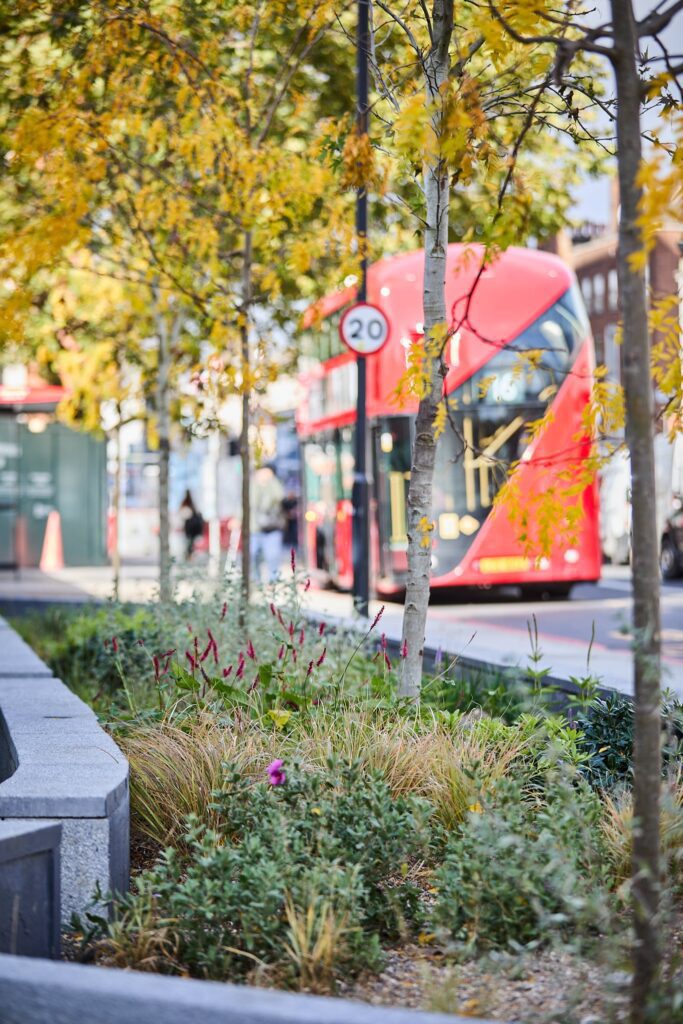
As part of wider work to make London a more sustainable city, TfL is transitioning its support vehicles and buses to zero emission technology. More than 1,900 buses of London’s 9,000 buses are now zero emission. TfL’s investment in zero-emission buses is supporting around 3,000 jobs across the UK, in locations such as Ballymena, Falkirk, and Yorkshire. By creating capacity and certainty for a wider zero emission bus market, this investment is paving the way for green national economic growth.
To improve energy efficiency and identify opportunities to generate renewable energy across its estate, TfL is working to remove fossil fuels across its buildings, installing green heating and energy efficiency measures in head offices and depots. Exploring options for investing in and setting up solar farms for the Tube network is progressing as part of the Solar Private Wire scheme. In October last year, TfL launched the procurement for its first Power Purchase Agreement. This is a major step towards the goal of purchasing up to 10 per cent of its electricity from renewable sources by 2026, with the wider ambition for a 100 per cent renewable energy supply in 2030.
Across London, TfL is also converting lighting within stations, bus shelters and on trains to LED lighting, which uses up to 60 per cent less energy than traditional lighting while providing around 10 per cent brighter light. Currently, more than a third of Tube stations across London have been converted to LED lighting, and TfL expects to have all bus shelters, including those used in advertising panels, converted to LED lighting in 2025.
For construction and building projects, TfL is taking an active approach to decarbonisation by recently signing up to the Construction Leadership Council’s Five Client Carbon Commitments. This involves setting out actions under a common framework on how to reduce carbon emissions from its construction activities. The five client carbon commitments are:
- Procure for low carbon construction and provide incentives in our contracts
- Set phase out dates for fossil fuel use
- Eliminate the most carbon intensive concrete products
- Eliminate the most carbon intensive steel products
- Adopt PAS 2080, Carbon Management in Infrastructure, as a common standard
TfL is already making progress to include low carbon requirements in its contracts, reducing carbon in major construction projects like Old Street, Neasden and Surrey Quays. TfL continues to improve processes in early stages of construction and is taking a structured, phased approach to decarbonisation, including reducing the 25 per cent of embodied carbon emissions from steel and 20 per cent of the same from concrete materials on site and work towards emission-free deliveries by 2030 and diesel-free sites by 2035.
Deputy Mayor for the Environment, Mete Coban, said: “This is brilliant recognition for all the work TfL is doing to reduce carbon emissions not just within the organisation but across their whole supply chain.
“The Mayor is committed to leading the way on cutting carbon emissions and initiatives like this are helping us to continue building a better, greener London for everyone.”
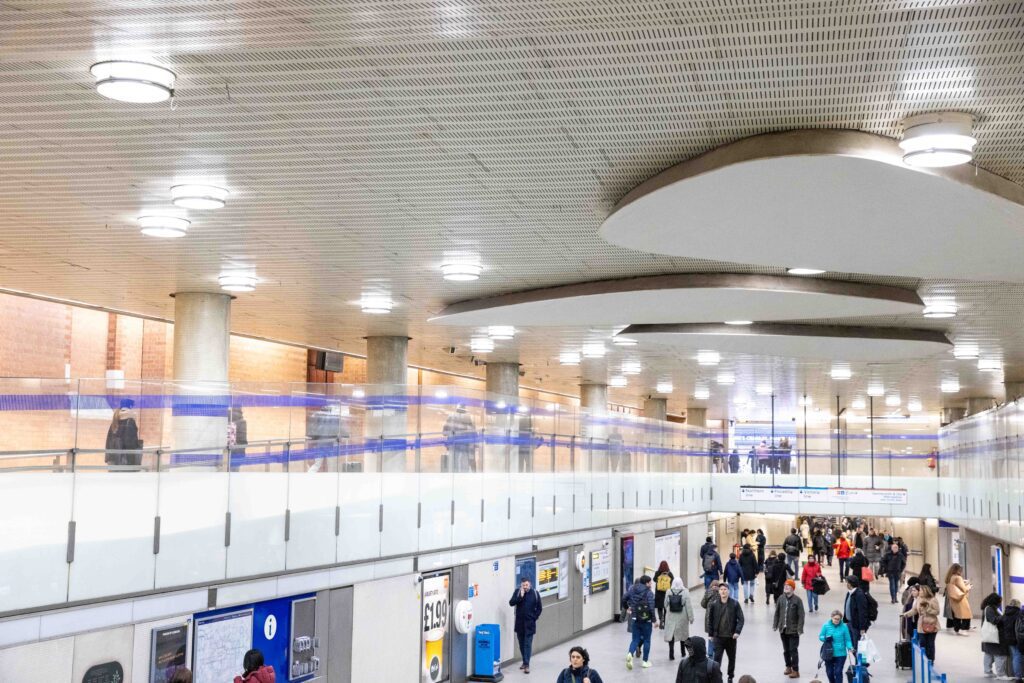
Lilli Matson, Chief Safety, Health and Environment Officer at Transport for London, said: “We are delighted to have received this certification from the Science Based Targets initiative, which has confirmed we are on track with our current targets, supporting world-wide efforts to keep the rise in global temperatures under 1.5 degrees.
“As the capital’s public transport provider, we have a vital role to play in reducing carbon emissions, ensuring our organisation and network are making a major contribution in response to the climate emergency and taking action to reduce harmful pollution in our city. We will continue to maximise our efforts to maintain London’s place as a world leading sustainable city.”
Susan Jenny Ehr, Interim Chief Executive Officer from the Science Based Targets initiative, said: “Climate science is clear: rapid and deep emissions cuts are essential if we are to achieve global net-zero. Today, Transport for London steps up, joining the growing list of companies cutting emissions across its entire value chain in line with science, and actively contributing to limiting warming to 1.5°C.”
Quentin Given, of the London Friends of the Earth Network, said: “Congratulations to Transport for London for having its targets to bring down emissions validated to match the goals set out in the Paris Climate Agreement. It’s really encouraging to see such a big organisation being so effective at reducing its impact on the climate so successfully across the board.
“People in London and around the world – particularly the most vulnerable – are seeing the impacts of the climate crisis every day. TfL’s actions show that by being decisive and committed, even the largest organisations can ditch fossil fuels and lead the way in tackling the climate emergency.”
Rosie Allen, Policy Adviser at Green Alliance, said: “Transport for London is setting the standard for what ambitious, science based carbon reduction targets should look like. Showing that bold action to decarbonise the UK’s most emitting sector is not only possible, but is already happening and exceeding expectations. It’s safe to say no red signal is stopping London’s climate goals from going full speed ahead.”


